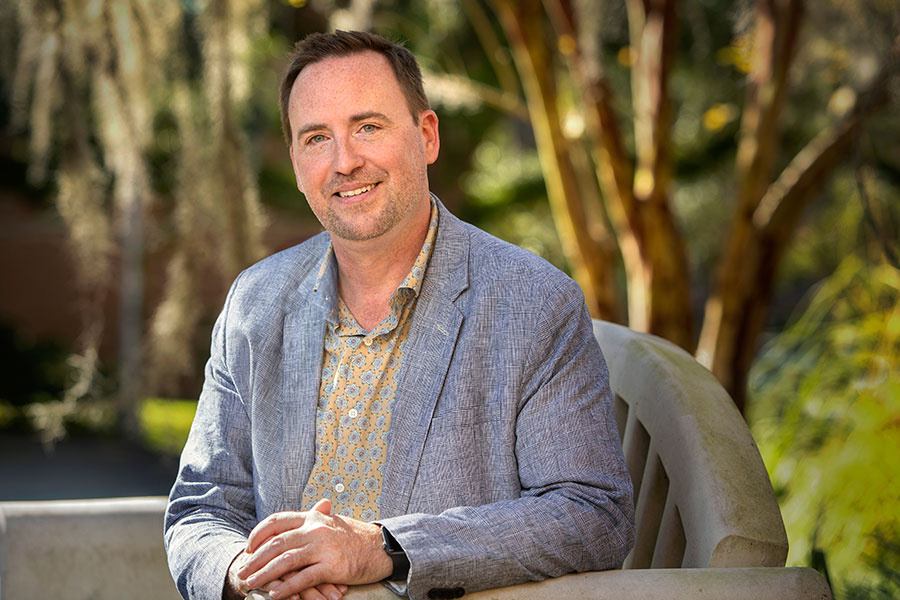
Are gun owners more or less afraid than people who do not own guns? A new study from researchers at Florida State University and the University of Arizona hopes to add some empirical data to the conversation after finding that gun owners tend to report less fear than non-gun owners.
The study, led by sociology doctoral student Benjamin Dowd-Arrow, used the Chapman University Survey of American Fears to examine both the types and the amount of fear that gun owners had in comparison to non-gun owners.
“There’s a lot of popular rhetoric in the media and among politicians as to why people own guns,” Dowd-Arrow said. “The biggest claim is that they’re cowards. So, we wanted to see if owning guns was truly a symptom of fear.”
Dowd-Arrow and his team examined fear pertaining to specific phobias and victimization. The results, published in SSM – Population Health, showed that the popular rhetoric surrounding gun ownership was not true.
The researchers first examined gun ownership as a result of fears. For the most part, the study showed that fears were unrelated to the probability of owning a gun.
There were some exceptions. Adults who reported a fear of animals and adults who reported a fear of being mugged were less likely to own a gun. Adults who reported a fear of being victimized by a random/mass shooting were more likely to own a gun.
The researchers then examined the fears of people who owned guns. They found that people who own guns tend to report fewer phobias and victimization fears than people who do not own guns. This general pattern was observed across multiple types of fear, including fear of animals, heights and being mugged.
“There’s little evidence to suggest that gun ownership is an effect of fear,” Dowd-Arrow said. “However, gun ownership may be associated with less fear because firearms help their owners to feel safe, secure and protected in a world they perceive to be uncertain and potentially dangerous.”
Dowd-Arrow said the team’s research offers potential policy implications for the gun debate and gun-safety legislation moving forward.
“By eliminating stereotypes and false information around gun ownership, we can possibly create better or more useful policy,” Dowd-Arrow said.
Researchers stressed that even though gun owners were found to be less afraid, they are not endorsing gun ownership as safe.
“Research has already indicated that owning a firearm is linked to increased odds of suicide, accidental injury and death and violence against women,” Dowd-Arrow said. “More research is needed to really understand how fear is linked to these health outcomes.”
Researchers suggested future studies could examine the fear factor in carrying a concealed weapon versus keeping a gun stowed in a car or house. Additional topics to investigate include regional differences in gun ownership and the effects of gun ownership on mental health and sleep disturbance.
“Firearm culture in America is a fascinating topic that is grossly understudied,” Dowd-Arrow said. “More research can help us understand what motivates gun ownership. If it isn’t fear, then what is it? Or is it a specific fear, such as being a victim in a random shooting?”
Co-authors are Terrence Hill, associate professor of sociology at the University of Arizona, and Amy Burdette, professor of sociology at Florida State University.




